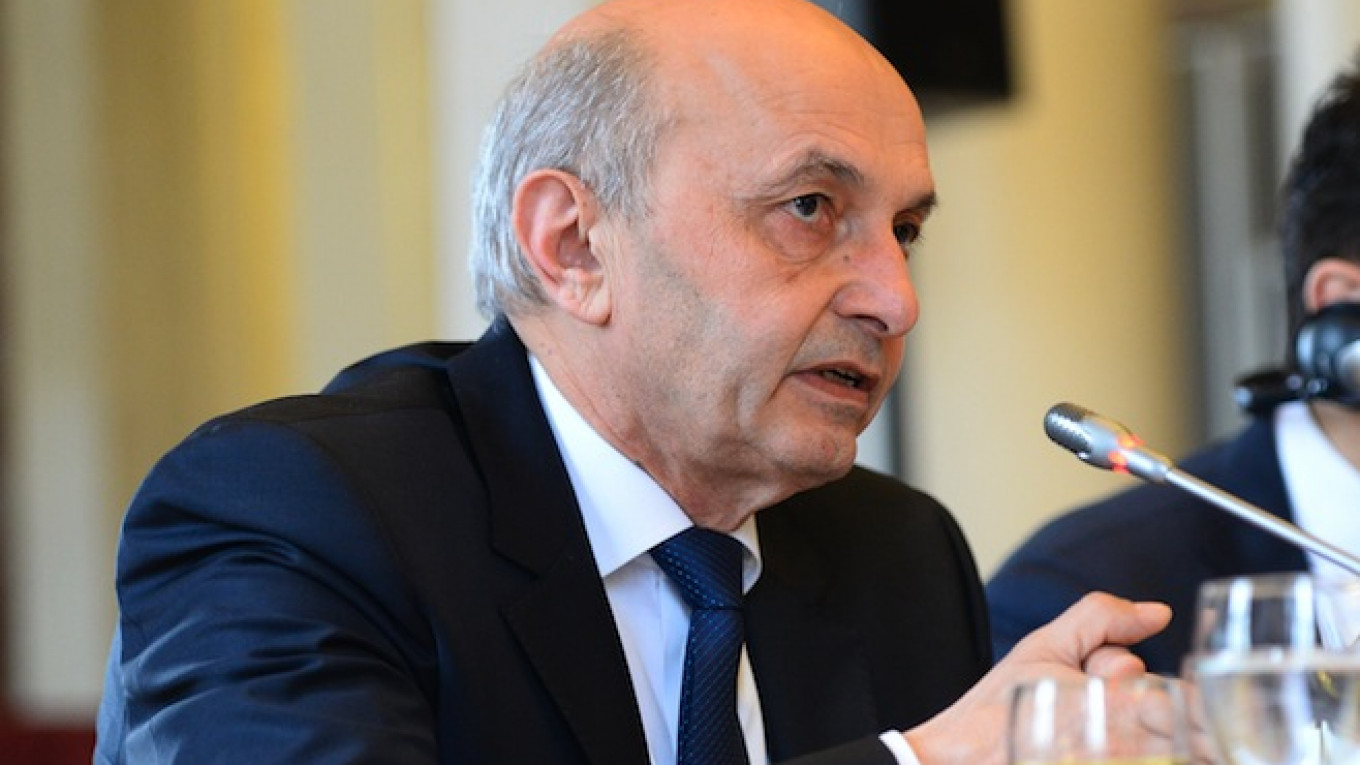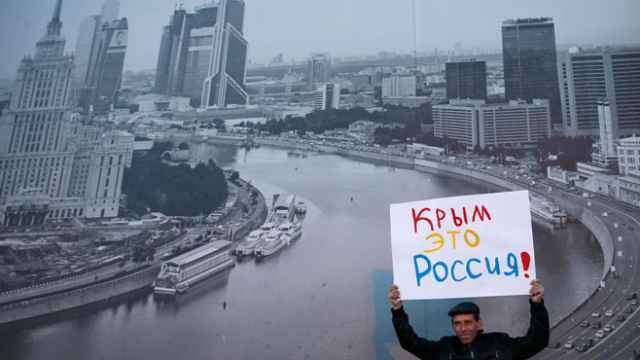Kosovo's government asked parliament on Friday to reconsider its rejection of an ad hoc court to try ethnic Albanian former guerrillas for alleged war crimes including organ harvesting, responding to intense Western pressure.
The young Balkan state's parliament last month voted against creating the court, which many Kosovo Albanians see as an attempt to tarnish their 1998-99 guerrilla war against Serbia's repressive rule.
The now-disbanded Kosovo Liberation Army (KLA), which counts among its former ranks much of Kosovo's current political elite, has been dogged for years by allegations it removed organs from ethnic Serb captives, who were then killed and their organs sold on the black market.
Kosovo's chief diplomatic and financial backers, the United States and European Union, have lobbied hard for Kosovo to address the accusations, and were disappointed by parliament's 'No' vote last month.
They warn failure to create the court risks seeing the issue taken up by the United Nations Security Council and the inevitable involvement of Serbia's big-power ally Russia, which opposes Kosovo sovereignty.
"We have to be aware that we cannot build and develop this country if we are isolated by friendly countries," Kosovo Prime Minister Isa Mustafa told a cabinet meeting, televised for journalists. "Voting for these changes in the parliament will bring long-term benefit for Kosovo."
Parliament is expected to vote next week, possibly on Tuesday.
Local media reports say Foreign Minister Hashim Thaci, a former guerrilla leader, has managed to quell opposition to the court in his Democratic Party of Kosovo, which emerged from the KLA. Some of the party's lawmakers rebelled last month and voted against the court.
After a decade of passive resistance, the KLA took up arms against the Serbian forces of the late strongman Slobodan Milosevic in the late 1990s, eventually winning NATO air support to halt the killing and expulsion of ethnic Albanian civilians.
Kosovo declared independence from Serbia in 2008 and has been recognised by over 100 states, not including Serbia or Russia.
If parliament approves the court, it will be located in the Netherlands due to concerns over witness intimidation and judicial corruption in Kosovo.
A Message from The Moscow Times:
Dear readers,
We are facing unprecedented challenges. Russia's Prosecutor General's Office has designated The Moscow Times as an "undesirable" organization, criminalizing our work and putting our staff at risk of prosecution. This follows our earlier unjust labeling as a "foreign agent."
These actions are direct attempts to silence independent journalism in Russia. The authorities claim our work "discredits the decisions of the Russian leadership." We see things differently: we strive to provide accurate, unbiased reporting on Russia.
We, the journalists of The Moscow Times, refuse to be silenced. But to continue our work, we need your help.
Your support, no matter how small, makes a world of difference. If you can, please support us monthly starting from just $2. It's quick to set up, and every contribution makes a significant impact.
By supporting The Moscow Times, you're defending open, independent journalism in the face of repression. Thank you for standing with us.
Remind me later.





